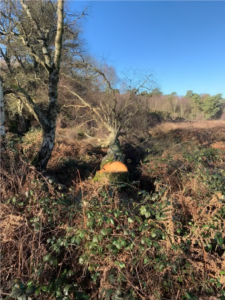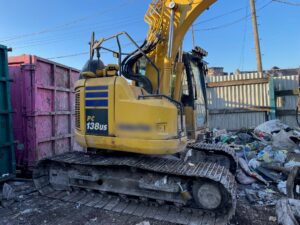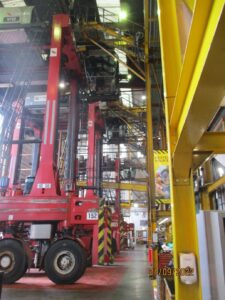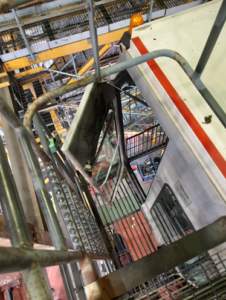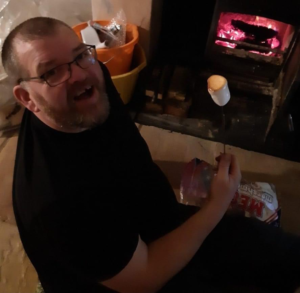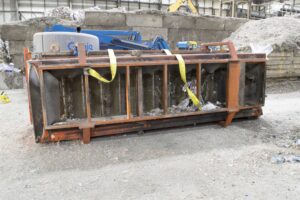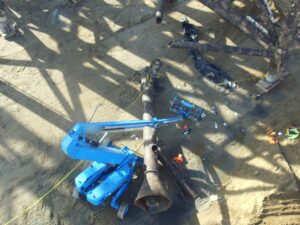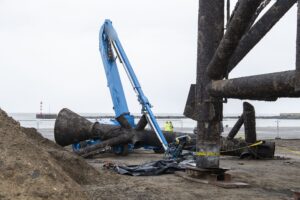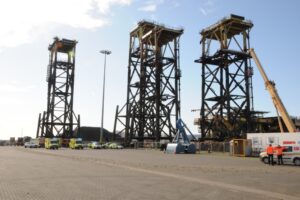Company fined after worker died in excavation
A company has been fined after a man died while working inside an excavation at a construction site in Glasgow.
Derek Caddie lost his life when part of the excavation wall collapsed on 25 November 2019.
This led to the 44-year-old being trapped in soil from the neck down before being rescued by the emergency services. He died from his injuries in hospital three days later on 28 November.
Graeme McMinn, a principal inspector at the Health and Safety Executive (HSE), said: “This was a tragic and wholly avoidable accident, caused by the failure of Carrig Construction Services Limited to put in place measures to control the risk of the sides of the excavation collapsing.
“HSE provides freely available guidance on effective controls for working in excavations on the HSE website.”
Mr Caddie had entered the excavation with a colleague to repair damaged and leaking pipework, when the incident occurred. The colleague was left uninjured.
Carrig Construction Services Limited had been appointed as a contractor at the site on Belhaven Terrace West Lane where new houses were being built. Mr Caddie was working under the company’s control at the time of the incident.
An investigation by HSE found the collapse was caused by a lack of support to the vertical walls of the excavation. Carrig Construction Services Limited, a company that specialises in groundworks and drainage works, failed to identify the risks from working in the excavation and did not ensure there were practicable steps in place to ensure workers were protected while inside the excavation.
On top of this, none of the workers under the control of Carrig Construction Services Limited had any formal training on working within excavations and were unaware of the risks involved.
HSE guidance can be found at: Excavations – Construction Safety topics – HSE
Carrig Construction Services Limited, of Hunters Way, Lochwinnoch, Argyll, pleaded guilty to breaching Section 2(1) and Section 3(1) of the Health and Safety at Work etc. Act 1974. The company was fined £75,000 at Glasgow Sheriff Court on 28 August 2024.
Notes to Editors:
- The Health and Safety Executive (HSE) is Britain’s national regulator for workplace health and safety. We seek to prevent work-related death, injury and ill health through regulatory actions that range from influencing behaviours across whole industry sectors through to targeted interventions on individual businesses. These activities are supported by globally recognised scientific expertise. hse.gov.uk
- More about the legislation referred to in this case can be found at: legislation.gov.uk/
- HSE news releases are available at http://press.hse.gov.uk

